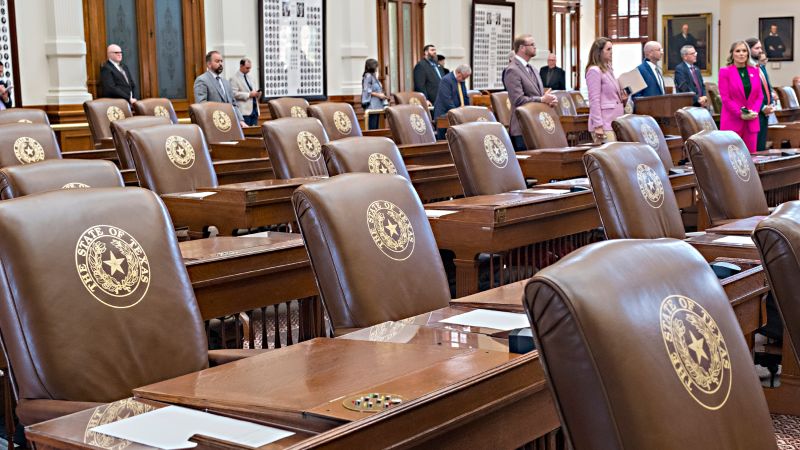
Understanding Gerrymandering: Legal Implications and Political Strategy
Politics | 8/5/2025
Analysis: Understanding Gerrymandering and Its Legal Standing
Despite being in the inter-census period, the topic of redistricting, particularly gerrymandering, has become a focal point in current political discourse. Gerrymandering is a practice involving the manipulation of electoral district boundaries to favor one party over others. This tactic has significant implications for the democratic process, as it can influence election outcomes and disenfranchise voters.
The legality of gerrymandering is a complex and contentious issue. While the practice itself is not explicitly illegal, it has raised concerns regarding fairness, representation, and the integrity of elections. Critics argue that gerrymandering undermines the principle of equal representation and distorts the democratic process by allowing politicians to choose their voters, rather than the other way around.
Proponents of gerrymandering often defend the practice as a legitimate political strategy that allows parties to maintain or gain a competitive edge in elections. They argue that redistricting based on political considerations is a longstanding tradition that aligns with the prerogatives of elected officials. However, opponents contend that gerrymandering can lead to the entrenchment of political power, perpetuate partisan divides, and diminish voter confidence in the electoral system.
Legal experts note that challenges to gerrymandering have been brought before the courts, with varying outcomes. The Supreme Court has grappled with cases related to partisan gerrymandering, considering whether such practices violate the Constitution. The debate over the legality of gerrymandering underscores the need for robust regulations and oversight to ensure fair and representative electoral processes.
As the discussions around gerrymandering persist, the impact of redistricting on political representation and voter rights remains a critical issue. Understanding the legal complexities and implications of gerrymandering is essential for safeguarding the integrity of democratic elections and upholding the principle of fair and equitable representation for all citizens.


